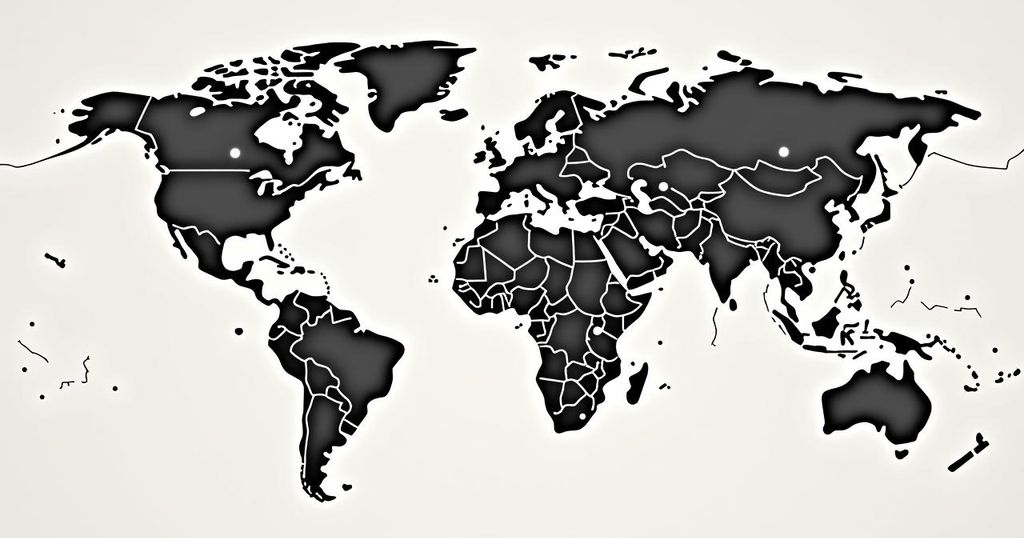The Pentagon plans to send additional troops and aircraft to the Middle East in response to increasing tensions, particularly concerning Iranian threats against Israel. U.S. forces are already present in various locations to enhance regional security and support allied nations.
The Pentagon is actively increasing its military footprint in the Middle East, anticipating the deployment of thousands of additional troops along with three new aircraft squadrons to the region. This shift comes in response to escalating tensions and recent military actions, including U.S. naval assistance in intercepting missiles aimed at Israel from Iranian forces. The situation underscores the expanding American military presence amidst a rapidly changing geopolitical landscape. Currently, U.S. forces are strategically positioned across multiple locations within the Middle East, primarily to enhance regional security, deter hostile actions from Iran, and support allied nations, particularly Israel. The ongoing conflict has prompted a recalibration of U.S. military strategy in the area, highlighting the importance of rapid responsiveness to potential threats.
The recent escalation of military actions in the Middle East, particularly in relation to Iran’s activities and the security of Israel, has necessitated a decisive response from the U.S. government. Over the years, the U.S. has maintained a significant military presence in this volatile region as part of its commitment to safeguarding its allies and ensuring stability. As tensions mount, the Pentagon’s plans to supplement its forces reflect the gravity of the situation and the need for enhanced military readiness.
In summary, the United States is poised to augment its military capacity in the Middle East significantly, reflecting the urgent need to address rising threats and support its allies amidst ongoing conflicts. The situation remains fluid and underscores the critical role of the U.S. military in maintaining stability in this strategically important region.
Original Source: www.nytimes.com






